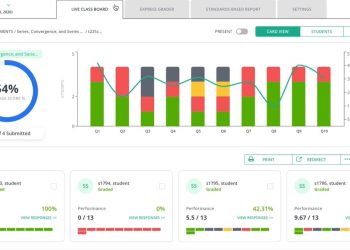Once you graduate and land your first real job, you probably feel like life is finally going your way. While it is true that a decent-paying job and a college degree are assets that will help improve your quality of life, they are no guarantee of smooth sailing. There are a few mistakes that many new graduates make that make their life more difficult than it needs to be. Knowing what to do ahead of time can help save you from these issues.
Ignoring Your Student Loans
You may have some time after graduation before you need to begin repaying your student loans. Take advantage and use this window to your advantage. Look at refinancing your student loans into a single loan to lower your monthly payments. This frees up cash for other expenses. You can easily check student loan refinance rates online and find a product that meets your needs. Lowering your monthly expenses allows you to dedicate funds to building an emergency fund, upgrading your work wardrobe, and enjoying your new home.
Paying Too Much for Housing
Somewhere along the line, student housing in many college towns has become luxurious. If you have spent the past four years living in a roomy apartment with an on-site gym, pool, and coffee bar, you may be surprised at how pricey that option is in the town where you land a job. You don’t want to spend more than about 25 percent of your monthly income on housing. Depending on your location, that can be a challenge, particularly on the salary of a new graduate.
There are two tricks to lowering the cost of housing. Doing one or both of these is the easiest way to find somewhere to live that meets your budget. The first is to find a roommate or two. Shared housing is nearly always more affordable than having a place of your own. You may be excited to leave the roommate life behind once you graduate from college, but once you start running the numbers, you may decide it is worthwhile. The other option is to move further away from the area where you work. If your job is located in a metropolitan area, look at advertisements to see how prices drop as you move away from the downtown area.
The amount you can save depends on the area where you live. For the very high cost of living areas, you may need to move an hour or more out of town to find something you can afford. In lower cost of living areas, moving outside the beltway or other informal boundary of the downtown area may come with a significant drop in rental costs.
Skipping Retirement Contributions
It is difficult to focus on retirement when you are newly graduated, but time passes quickly. Money invested now will have your entire career to grow. When on-boarding at your new place of employment, pay attention to the types of retirement options they offer and when you qualify. Contributing even a small amount each month to your retirement adds up quickly. If your company matches your contribution, make every effort to contribute enough to maximize their match.






